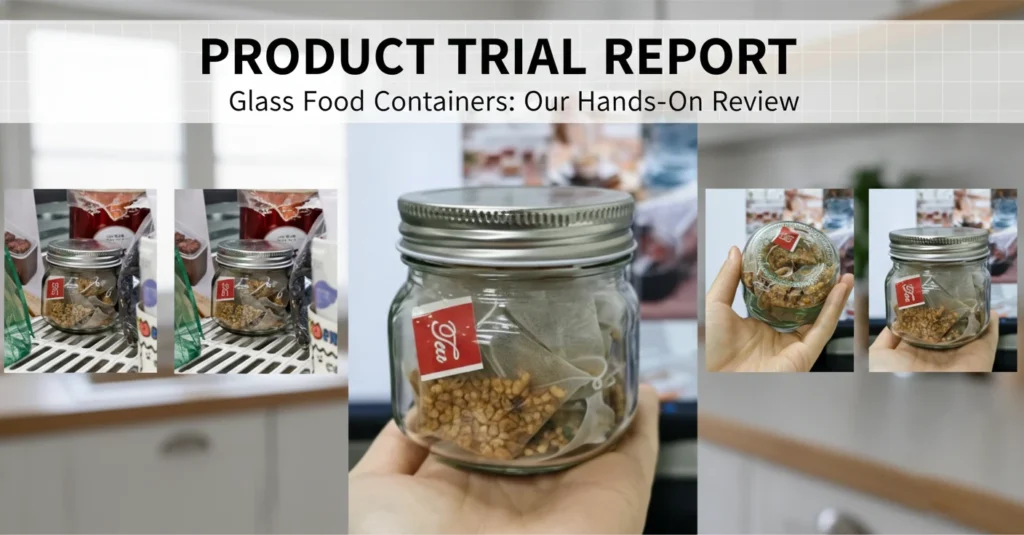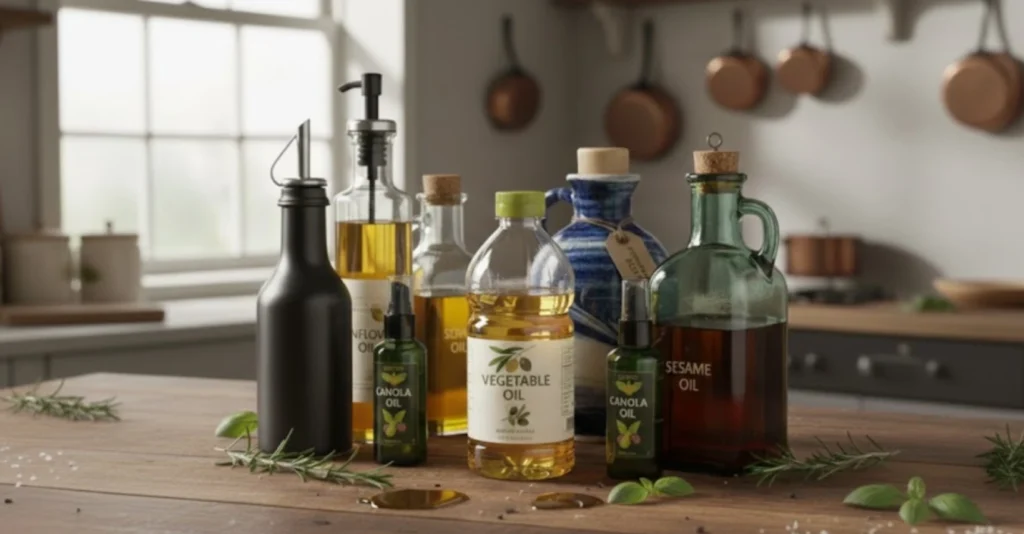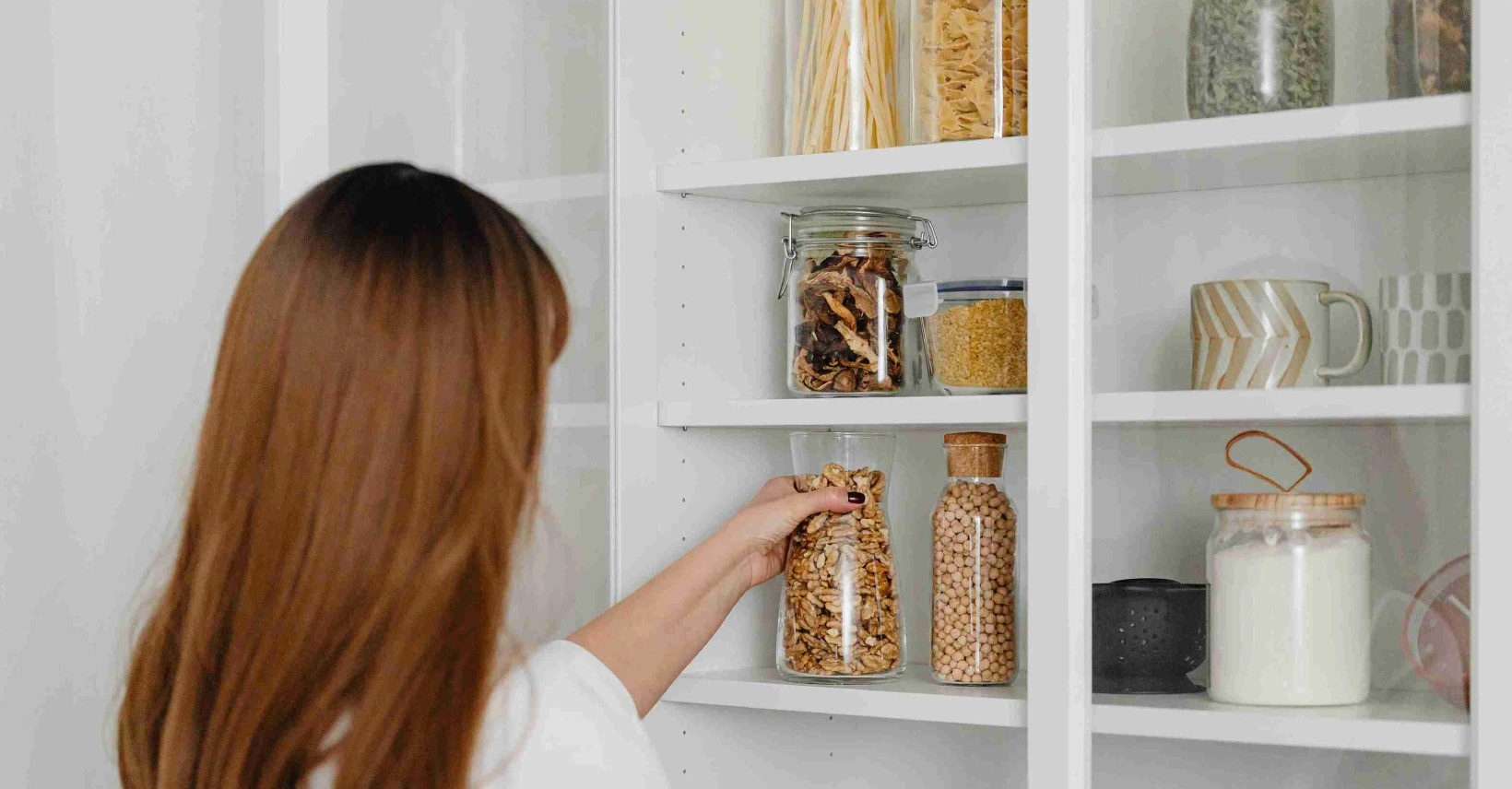Welcome to the wonderfully versatile world of vacuum sealing mason jars! More than just a simple glass container, mason jars have become a household staple, beloved for their practicality, charm, and endless possibilities. Whether you’re a seasoned canner or just discovering their appeal, this ultimate guide will cover everything you need to know, from their fascinating history to safe usage and inspiring creative ideas.
What a Vacuum Sealing Mason Jars?
A Mason jar is a type of glass jar used for home canning to preserve food. But how did it get its name, and what makes it so special?
The Mason jar gets its name from its inventor, John Landis Mason, who patented the design in 1858. Before his invention, preserving food was a much more challenging and often unreliable process. Mason’s ingenious design, featuring a threaded screw-on lid and a flat, rubber-sealed lid, revolutionized home canning by providing an airtight seal that kept food fresh for extended periods. This innovation made it possible for families to safely store seasonal produce, significantly impacting household food security. In recognition of this enduring invention, November 30th is often celebrated as National Mason Jar Day by enthusiasts.
Mason jars are typically made from durable, thick soda-lime glass. Their distinctive design includes a threaded neck that allows for a two-piece lid system: a flat disk that creates a seal and a screw band that secures the disk in place. This design ensures an airtight and watertight seal, crucial for food preservation.
You’ll find Mason jars in a variety of common capacities, catering to diverse needs. Popular sizes include the compact 8 oz (half-pint), the widely used 16 oz (pint), and the generous 32 oz (quart). If you’ve ever wondered, “how many ounces in a Mason jar?”, these are some of the most frequently encountered options, though larger and smaller sizes also exist. When considering Mason jar dimensions, while capacities vary, the standardized mouth sizes (regular and wide) ensure compatibility with various lids and accessories.
Core Uses of the Mason Jar
The utility of Mason jars extends far beyond their original purpose. Here are some of their core uses:
Food Preservation: This is the classic use! From homemade jams, jellies, and fruit preserves to pickled vegetables, sauces, and even fermented foods, Mason jars are indispensable for safe and effective home canning. Their airtight seal ensures food remains fresh and free from spoilage.
Beverage Containers: Their sturdy nature and secure lids make them perfect for drinks on the go or serving at home. Think refreshing iced coffee, vibrant infused water, creamy smoothies, or even elegant layered cocktails. They’re also great for meal prepping overnight oats or parfaits.
Storage Jars: Beyond food, Mason jars are excellent for organizing various items around the house. Store dry goods like pasta, rice, flour, and beans in your pantry, keeping them fresh and pest-free. They’re also perfect for craft supplies, buttons, cotton balls, small toys, or even hardware in your workshop.
Home Decoration: With their rustic charm and clear glass, Mason jars are fantastic for decorative purposes. Use them as charming vases for fresh flowers, elegant candle holders, unique string light displays, or even as creative centerpieces for events. Their versatility allows for endless DIY decor projects.


Safety & Maintenance Essentials of Mason Jars
While Mason jars are robust, understanding their safety limitations and proper maintenance is crucial for longevity and safe use.
Can you microwave Mason jars?
Generally, no. While some manufacturers produce microwave-safe jars, traditional Mason jars are not designed for microwave use. The rapid temperature changes can cause the glass to crack or shatter, and the metal lid components are a definite no-go in a microwave. Always check the manufacturer’s recommendations if you’re unsure.
Can you freeze Mason jars?
Yes, you can freeze Mason jars, but with important precautions. Glass can break when liquids expand during freezing. To prevent this, always leave ample headspace (at least an inch or two, depending on the jar size) between the food and the rim. Use jars specifically designed for freezing (often straight-sided to allow for expansion), and avoid filling them to the very top.
How to sterilize Mason jars?
Sterilizing Mason jars is essential for safe food preservation. The most common method involves submerging clean jars in boiling water for at least 10 minutes. You can also sterilize them in a dishwasher with a sanitizing cycle or in an oven at a low temperature (around 225°F or 107°C) for 10-15 minutes, ensuring the jars are heated gradually. Always ensure jars are hot when filling with hot food to prevent thermal shock.
Are Mason jars oven safe?
Generally, no, traditional Mason jars are not designed to be oven-safe for baking. While you might find recipes that suggest baking in them, the glass is not tempered for direct oven heat, and sudden temperature changes or sustained high heat can cause them to crack or explode. It’s best to avoid using them in a conventional oven for baking purposes.
Quick FAQ about Mason Jars
Here are quick answers to some frequently asked questions about Mason jars. For more in-depth information, click on the links provided to our detailed sub-articles.
How to seal Mason jars?
Sealing Mason jars for canning involves proper preparation, filling, and processing in a water bath or pressure canner to create a vacuum seal.
How to open a sealed Mason jar?
Often, you can use a can opener to gently pry the lid, or a spoon handle to lift the edge. For stubborn seals, a jar opener tool is helpful.
How to vacuum seal Mason jars?
Beyond traditional canning, a specialized mason jar vacuum sealer can be used with Mason jar attachments for dry food storage.
Are Mason jars airtight?
When properly sealed (especially for canning), Mason jars are designed to be airtight, which is crucial for food preservation.
Are Mason jars dishwasher safe?
Yes, Mason jars (the glass part) are generally dishwasher safe. However, remove the metal bands and lids before washing, as they may rust or degrade in the dishwasher.
Can you reuse Mason jar lids?
The metal screw bands can be reused indefinitely as long as they are not bent or rusted. However, the flat sealing lids are generally single-use for canning. Their sealing compound can be compromised after one use, making them unreliable for creating a safe seal again.
How to sterilize Mason jars in oven?
While not the primary method, jars can be sterilized in an oven at a low temperature (around 225°F or 107°C) for 10-15 minutes after they’ve been washed and dried. Ensure jars are heated gradually.
How many ounces in a Mason jar?
Mason jars come in various common capacities like 8 oz (half-pint), 16 oz (pint), and 32 oz (quart).
What’s the difference between regular mouth and wide mouth Mason jars?
Regular mouth jars have a narrower opening, ideal for pouring liquids. Wide-mouth jars have a larger opening, making them easier to fill with solid foods and easier to clean.
How do I convert Mason jar capacities?
1 pint = 16 fl oz
1 quart = 32 fl oz = 2 pints
1 half-gallon = 64 fl oz = 4 pints = 2 quarts
Where to Buy Custom Mason Jars
Ready to embark on your Mason jar journey? Look no further than EasyLife for all your Mason jar needs! We offer a wide selection of high-quality Mason jars in various sizes, including popular 8 oz, 16 oz, and 32 oz options, along with all the canning accessories you could need. Our jars are durable, reliable, and perfect for all your preservation, storage, and creative projects.
For your businesses, EasyLife also specializes in B2B wholesale of Mason jars. We are equipped to handle large orders and offer flexible solutions for customization, including private labeling and specific design requirements. As an experienced manufacturer, we proudly support both ODM and OEM services, ensuring you receive products tailored to your exact specifications.
Visit our website or contact us today to explore our full range and discover how EasyLife can be your trusted partner for high-quality Mason jars, whether for personal use or large-scale distribution.






